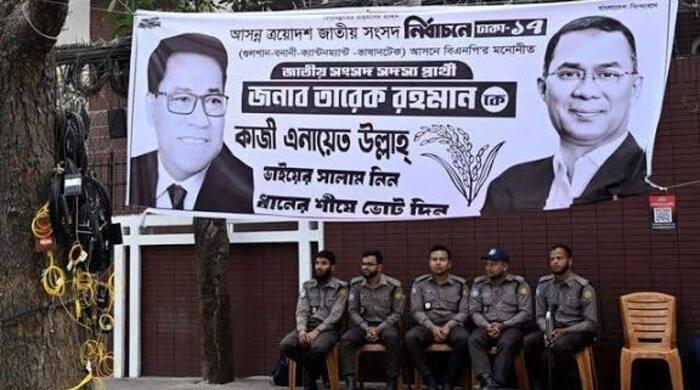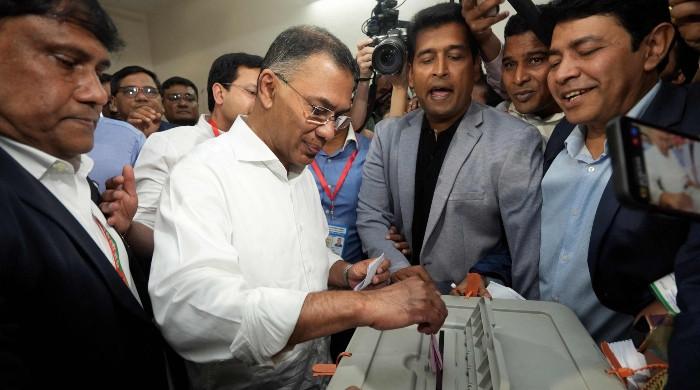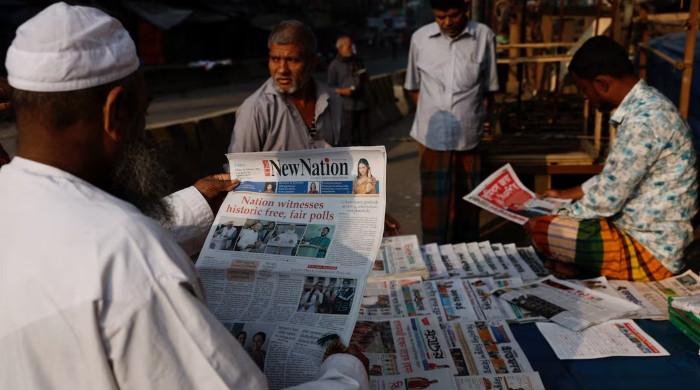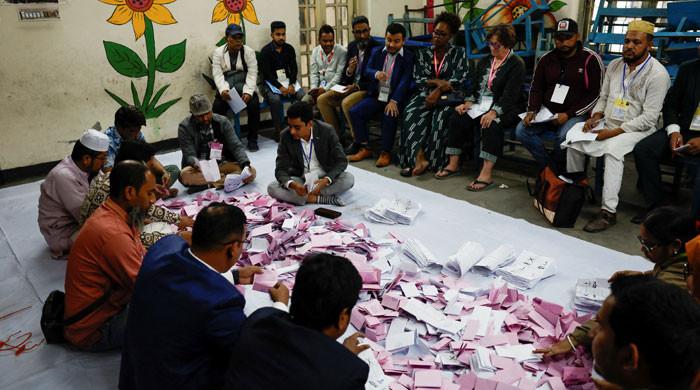Renowned professor to release book on Arif Naqvi, Abraaj on July 20
Latest book on Ali Naqvi to focus on who benefited and who suffered from Abraaj's collapse
June 22, 2021
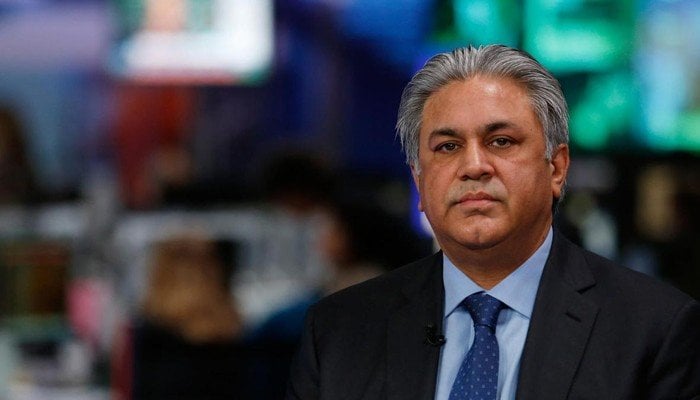
A renowned professor of human rights at Kingston University will release an upcoming book detailing the Abraaj's group's facade and shines the spotlight on the company's founder, Arif Naqvi.
The book has been penned by Professor Brian Brivati, who is currently a visiting professor at the Kingston University; taught human rights and life writing full time at the university till 2019, has written “The Life and Death of the Abraaj Group: Arif Naqvi, a key man or the fall guy”.
As per a report in The News, the book focuses also focuses on who benefitted from the delaying and stopping the sale of K-Electric to a Chinese company.
The book will hit shelves on July 20.
The Abraaj Group (Abraaj means ‘towers’ in Arabic) just shy of US$14 billion under management by 2017, was on the threshold of closing a new fund that would invest US$6 billion into the emerging markets.
According to a press release issued by Biteback, one of the most successful investments of Abraaj had been in Karachi Electric, the sale of which had been agreed with a Chinese energy giant and a sizable chunk of that new fund was going to come from Chinese investors.
Interviewing dozens of key players and based on extensive research, Brivati ventures out to find different answers to five key questions: who benefited and who suffered from the delaying and stopping of the sale of Karachi Electric to the Chinese? If Abraaj was an organised criminal conspiracy, what exactly was stolen? Who benefited and who suffered from the collapse of Abraaj? Who picked up the pieces of investments in the emerging and growth markets where Abraaj was dominant and who paid the price? How did the different actors in this story behave both inside Abraaj and from external agencies?
"Naqvi was brash, arrogant, articulate and a bulldozing advocate for his firm and impact investment who suffered from the blindness of founder’s syndrome and the hubris of the great deal maker that bordered at times on a sense of infallibility," states the press release.
"mmensely generous, his foundation in Karachi spent $100m of his own money on an ambulance service and scholarships - he and Abraaj also underwrote the Dubai Art Fair for a decade," continued the press release. "But he was also an outsider in Dubai, at Davos and in the WASP dominated club of private equity. He was many things, but he is not a crook."
Brivati, who has a 20-year academic career at the Institute of Contemporary British History and then at the Kingston University as professor of contemporary history, human rights, and life writing, announced that his book will reveal crucial facts that have never been told before which will help connect the dots for readers to enable them to realise how Abraaj "was made to collapse".
The author is currently working with former Iraqi Prime Minister Haidar Al-Abadi on his account of the Iraq war of liberation against Daesh. The book is titled How we defeated Daesh.
Originally published in The News







